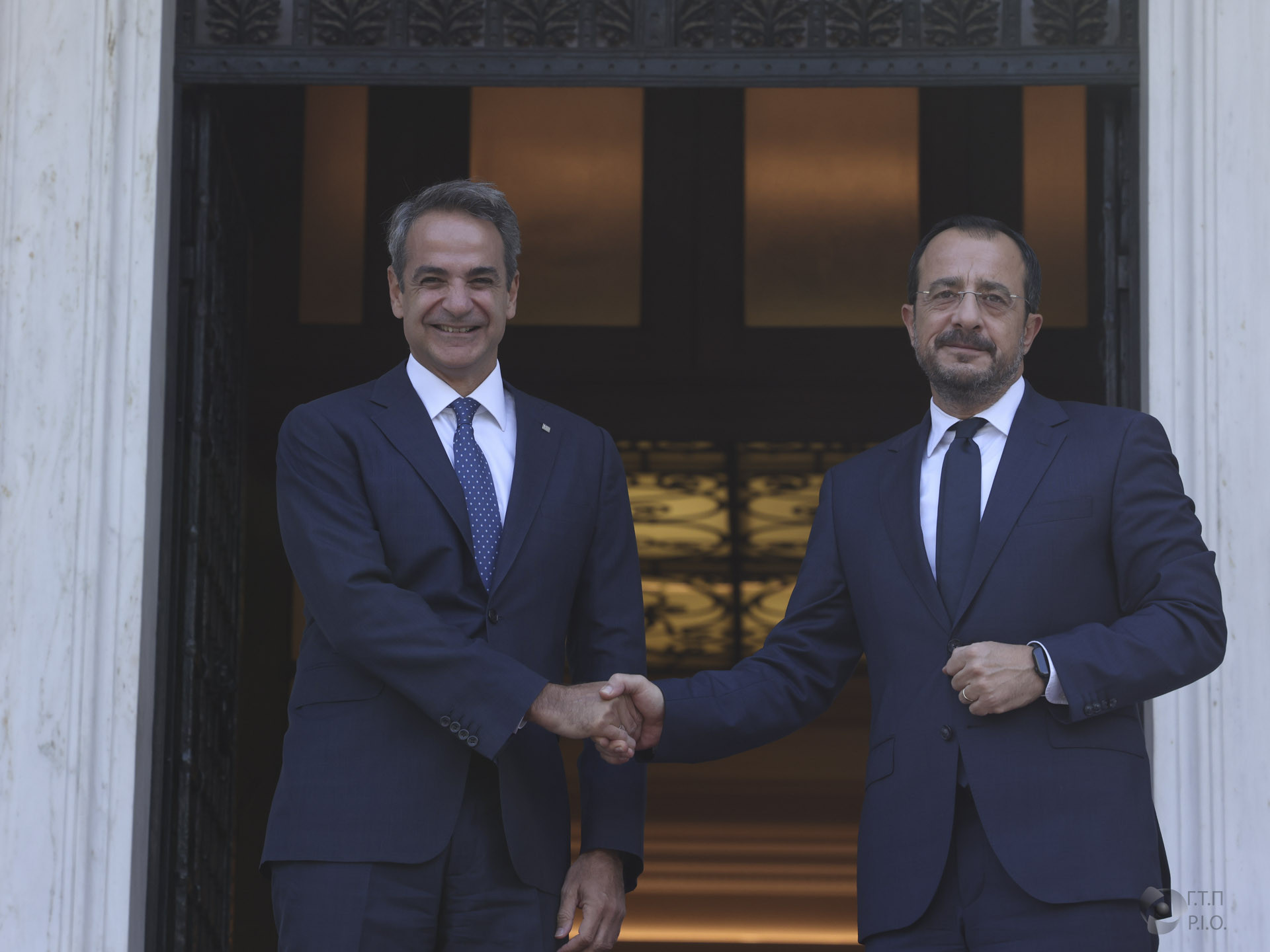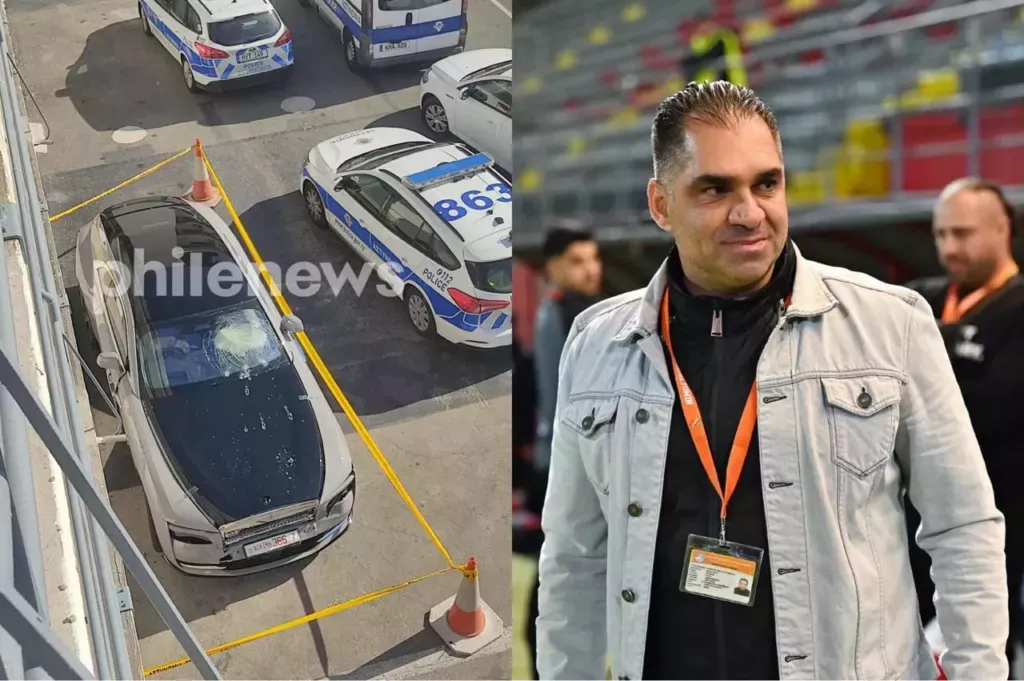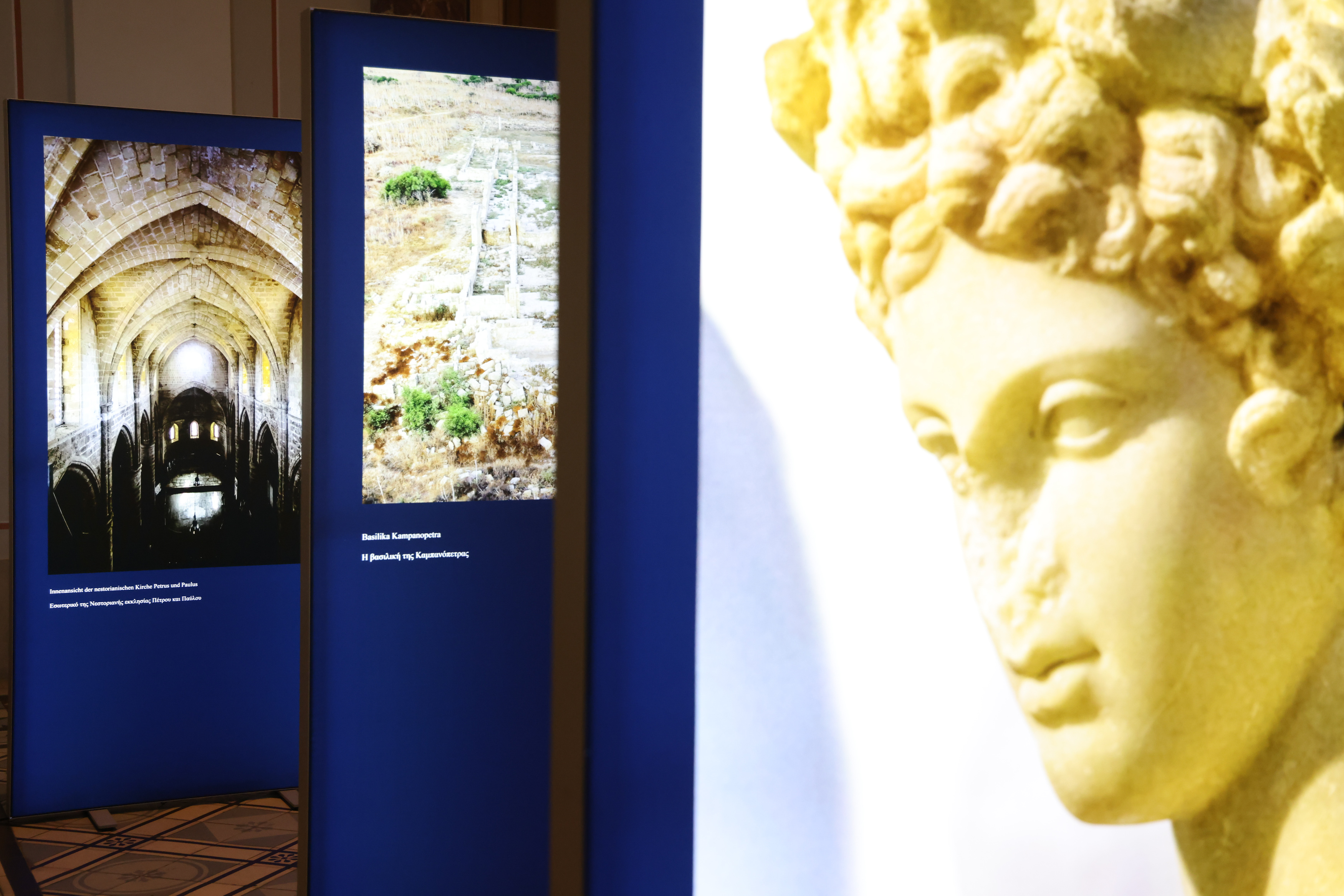The crime of the five Greek Cypriots
Source: in-cyprus.com
The Last Prisoners of War from 1974 is the title of an article by Turkish Cypriot journalist Sener Levent, referring to the five Greek Cypriots who have been held in prisons of the occupation regime for the past month and a half.
He is naturally aware—and mentions—that the parallel will be considered an insult by both sides. By both those over there and those over here.
For those over there, they are five Greek Cypriots who think they still have rights to the properties they left behind (following their expulsion, but that doesn’t matter to them).
For us over here, it’s enough that they crossed the checkpoint, that they agreed to show papers to the occupier for permission to pass.
Visiting the occupied areas now equals (in the perception of more and more people) treason.
For whatever reason it’s done—whether for casinos, for business deals, for contacts, to see the village where someone was born and the properties they could have had, or to see the other half of their country.
“What crime did those five Greek Cypriots commit to be deprived of their freedom for so long?” Levent wonders in his article. “They are not prisoners. They are captives! The last prisoners of war from 1974! Don’t they have the right to come and see their soil that has been violated and plundered? For days now they’ve been constantly transported from one court to another. From Nicosia to Trikomo. From Trikomo to Nicosia. In handcuffs! As if that weren’t enough, they were taken to the Strovilia gate too. They conducted an on-site investigation, apparently! You’d think you were in a medieval theatre. Just as people gather to watch the condemned man who will be beheaded, so are we. We’re all watching this torment together”.
Yes, Levent’s title could be considered an insult. But what else are they except pawns in a political game? Pawns that few people seem to care about.
If they had been arrested under the same conditions by any authoritarian regime and dragged in such a manner from one court to another and from detention to prison, we might well have considered it unjust and brutal.
We might have organised some campaign of condemnation, appeals for release… some reaction, at any rate.
In this particular case, reactions are entirely lukewarm—not to avoid spoiling the good atmosphere (which doesn’t exist), but more or less because the perception is becoming entrenched that anyone who crosses the checkpoint commits treason and deserves their fate. Let’s put up signs saying “crossing is at your own risk” so that diplomatic interventions won’t be necessary either.
The original article: belongs to in-cyprus.com .



